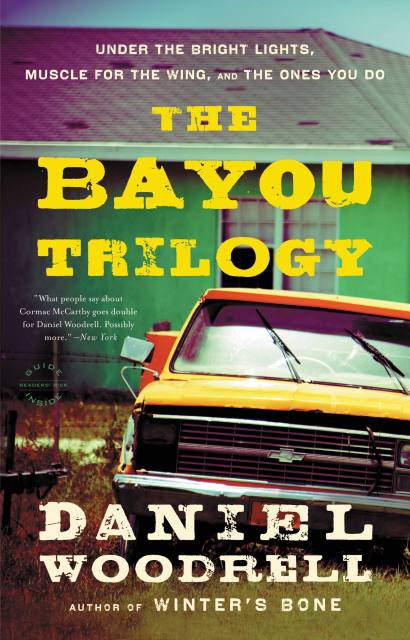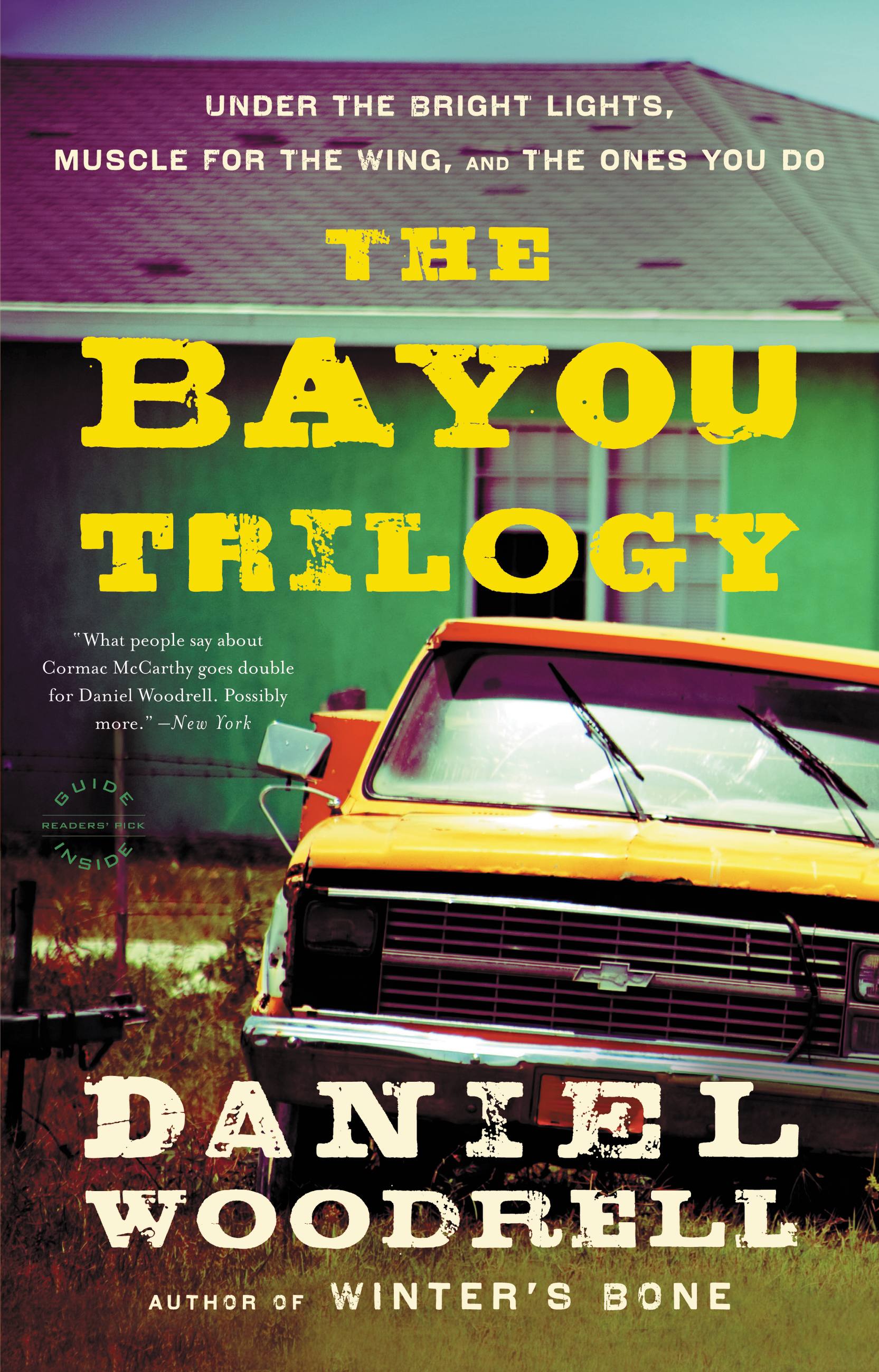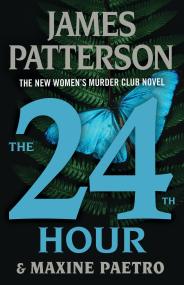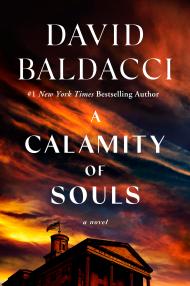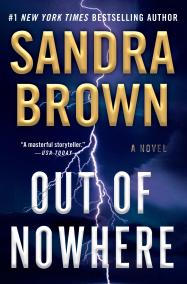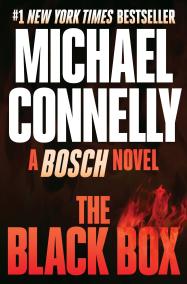Promotion
Use code MOM24 for 20% off site wide + free shipping over $45
The Bayou Trilogy
Under the Bright Lights, Muscle for the Wing, and The Ones You Do
Contributors
Formats and Prices
Price
$11.99Price
$15.99 CADFormat
Format:
- ebook $11.99 $15.99 CAD
- Audiobook Download (Unabridged) $31.99
- Trade Paperback $16.99 $22.99 CAD
This item is a preorder. Your payment method will be charged immediately, and the product is expected to ship on or around April 28, 2011. This date is subject to change due to shipping delays beyond our control.
Also available from:
A hard-hitting, critically acclaimed trilogy of crime novels from an author about whom New York magazine has written, “What people say about Cormac McCarthy . . . goes double for [Woodrell]. Possibly more.”
In the parish of St. Bruno, sex is easy, corruption festers, and double-dealing is a way of life. Rene Shade is an uncompromising detective swimming in a sea of filth.
As Shade takes on hit men, porn kings, a gang of ex-cons, and the ghosts of his own checkered past, Woodrell’s three seminal novels pit long-entrenched criminals against the hard line of the law, brother against brother, and two vastly different sons against a long-absent father.
The Bayou Trilogy highlights the origins of a one-of-a-kind author, a writer who for over two decades has created an indelible representation of the shadows of the rural American experience and has steadily built a devoted following among crime fiction aficionados and esteemed literary critics alike.
In the parish of St. Bruno, sex is easy, corruption festers, and double-dealing is a way of life. Rene Shade is an uncompromising detective swimming in a sea of filth.
As Shade takes on hit men, porn kings, a gang of ex-cons, and the ghosts of his own checkered past, Woodrell’s three seminal novels pit long-entrenched criminals against the hard line of the law, brother against brother, and two vastly different sons against a long-absent father.
The Bayou Trilogy highlights the origins of a one-of-a-kind author, a writer who for over two decades has created an indelible representation of the shadows of the rural American experience and has steadily built a devoted following among crime fiction aficionados and esteemed literary critics alike.
Genre:
- On Sale
- Apr 28, 2011
- Page Count
- 496 pages
- Publisher
- Mulholland Books
- ISBN-13
- 9780316190558
Newsletter Signup
By clicking ‘Sign Up,’ I acknowledge that I have read and agree to Hachette Book Group’s Privacy Policy and Terms of Use
